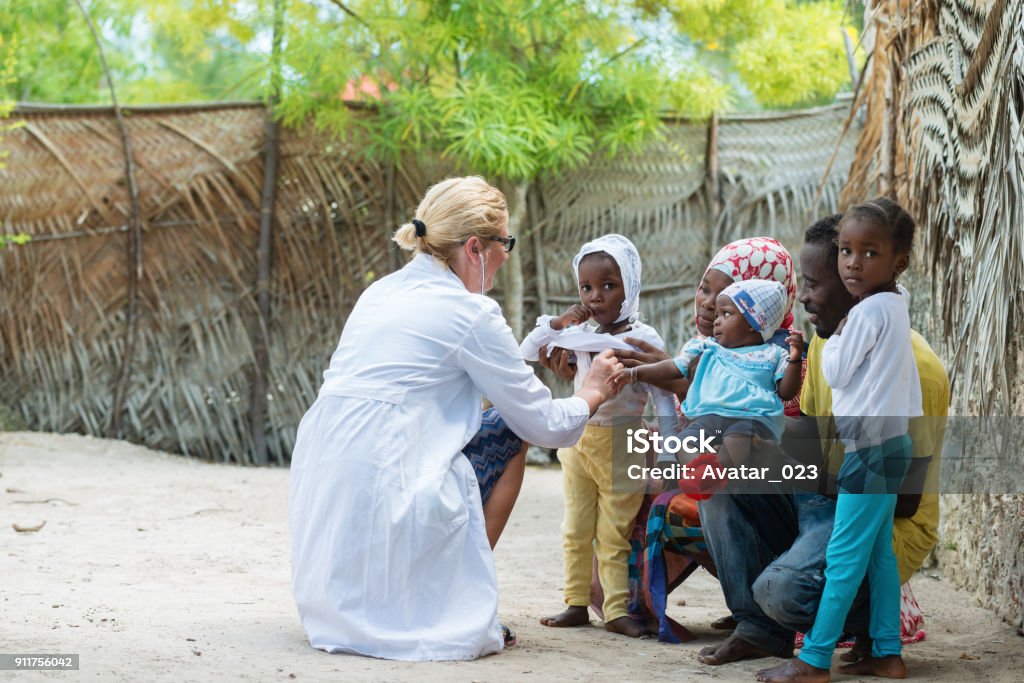Payoshi Bisht, Pune
Monkeypox (Mpox) has been declared as a public health emergency of global concern under the International Health Regulations by the World Health Organisation (WHO). This declaration happened after the WHO witnessed an increasing number of cases of monkeypox in Africa, which are surging day by day in places like the Democratic Republic of Congo (DRC) and other African countries.
What is Monkeypox or Mpox?
Monkeypox is a virus that spreads through animals carrying the virus coming in contact with human beings. It remains endemic in central and western parts of Africa. The virus has been identified in tropical rainforest areas of Africa and it is also being linked to its spread to other parts. A few animals such as monkeys, squirrels and Gambian-pouched rats have been identified as carriers of the virus.
Causes
The virus has been categorised as an orthopoxvirus which exhibits symptoms which are similar to, but less severe than, smallpox. The virus is known to spread from animals to humans; humans who have contracted the virus can spread it to other humans as well. The transmission happens when an individual comes into contact with bodily fluids, skin lesions, mouth, throat or respiratory droplets or contaminated objects as well.
Diagnosis
Samples from rashes or droplets are directly taken and tested in labs, although methods such as antigen and antibody detection are not accurate, as they cannot differentiate between orthopoxviruses. Therefore, other detection methods are being devised.
Symptoms
These include fever, extensive itching, rashes and swollen lymph nodes. There is an urgent need to differentiate between Mpox and other illnesses, especially bacterial skin infections, chickenpox, measles, syphilis and scabies. It takes between 5-21 days for the virus to spread and affect the body, whereas the severe stage lasts from 1-3 days. Other symptoms include headache, back pain, muscle pain and fatigue. Skin eruptions last from 2-4 weeks.
The mortality rate varies between 0 to 11 percent as per the WHO, and is higher among children.
Treatment and Prevention
Currently, no cure has been found or devised for monkeypox. The WHO has said that the cessation of the smallpox vaccine has been a significant reason behind the current spread, as it provided some degree of protection.
However, supportive care and pain relievers have been effective in tackling the problem. The WHO has emphasised taking preventive measures seriously and has urged people to avoid close contact with animals and other humans who have contracted the virus. They have also urged people to raise awareness, educate people around them and avoid sharing personal items and protective equipment. Also, proper cooking of animal products has been advised.
Currently, there is work ongoing with other countries and manufacturers to procure vaccine donations. The Director-General of the WHO, Dr. Tedros Adhanom Ghebreyesus, announced the release of $1 and an additional $15 million to support this initiative.
